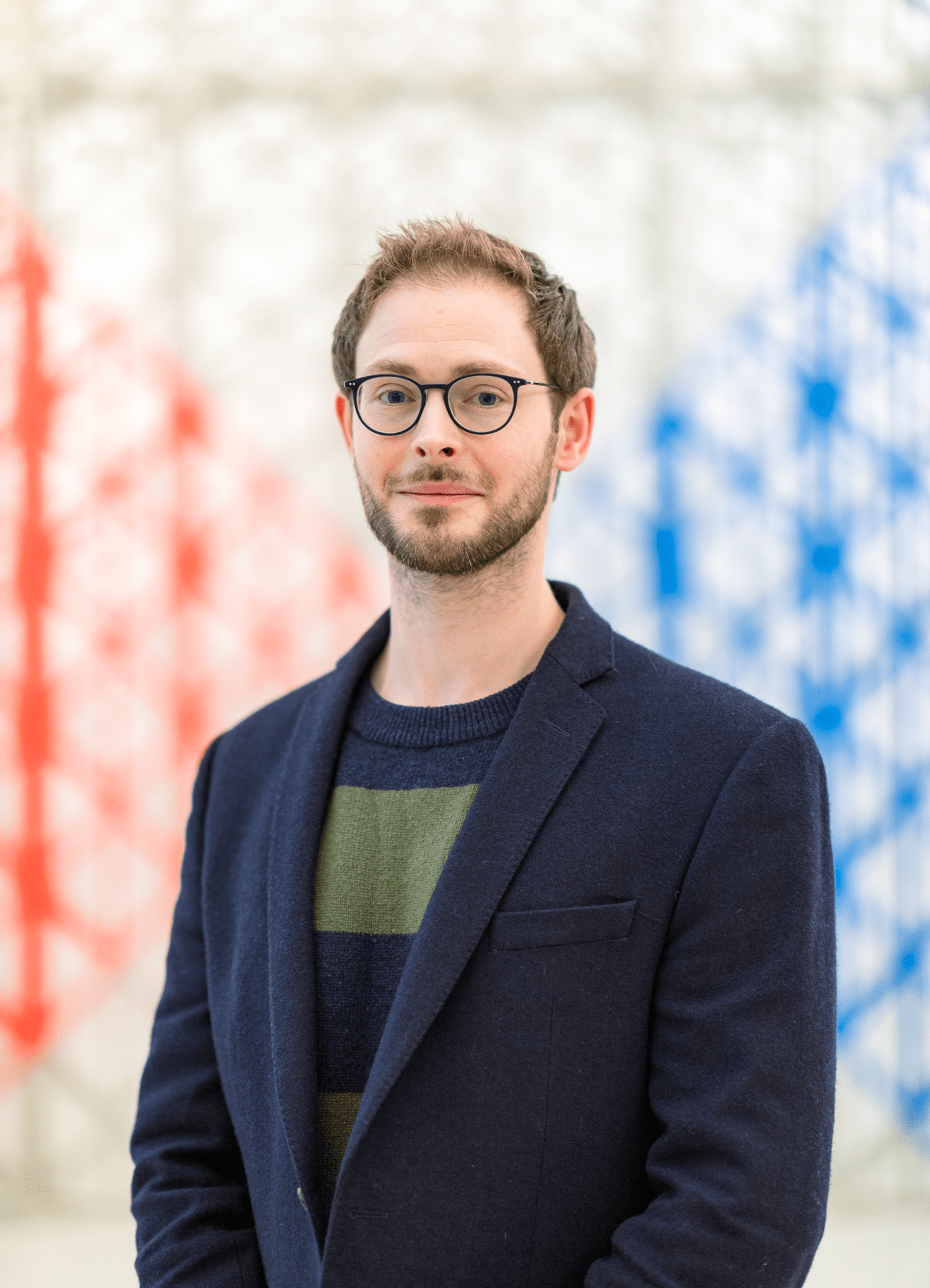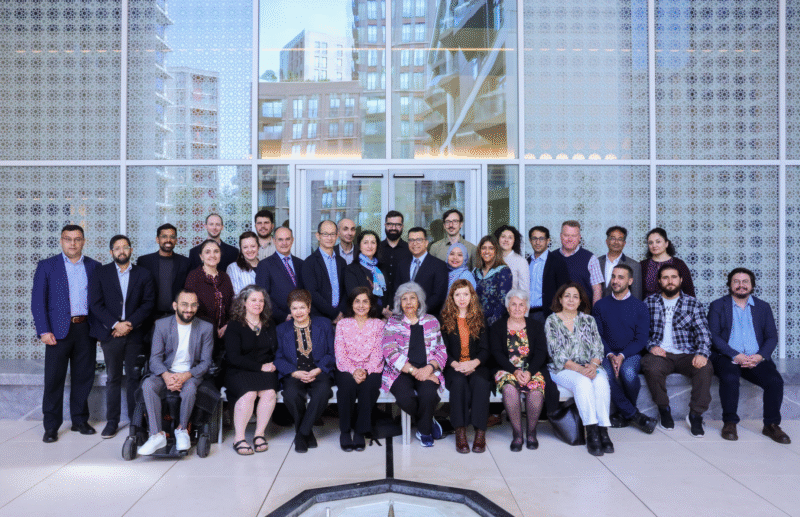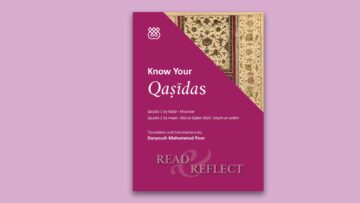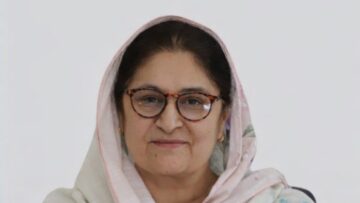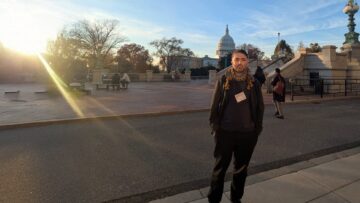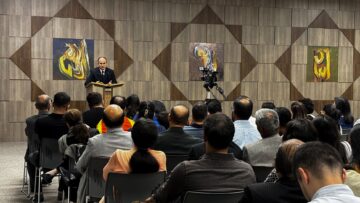On 20-22 May 2025, Dr George Warner and Dr Maria De Cillis, both of the Shiʿi Studies Unit at The Institute of Ismaili Studies (IIS), convened a major international conference, entitled Devotion to the Prophet’s Family in Islamic Thought and Practice, at the Aga Khan Centre. The conference was well-attended both at the Centre and online.
The chief objective of the conference was to explore devotion to the family of the prophet Muhammad (known as the ahl al-bayt) as a significant and pervasive component of Muslim religiosity, and, accordingly, to anchor the study of such devotion within the broader academic study of Islam. Though ahl al-bayt-centred devotion encompasses a vast spectrum of theological, philosophical, and ritual traditions, stretching from the present day to the earliest Islamic centuries, such devotions have often been side-lined as ‘non-canonical’ or as the prerogative of sectarianised minorities, and have seldom received sustained academic attention. Through this conference, therefore, the organisers aimed to achieve a more representative scholarly account of these ahl al-bayt-centred devotions, and to investigate the integrity thereof as a phenomenon that, for all its variety, expresses commonality and connection between different regions, periods and traditions.
In seeking a fuller account of devotion to the Prophet’s family, this conference was inevitably a thoroughly interdisciplinary enterprise. Over three days and 26 presented papers, we heard from scholars with a wonderful breadth of expertise, including papers on Safavid architecture in Iraq, musicality in the gināns, Sufi cosmology and modern Egyptian theatre. We were also honoured to begin with a recorded address from Professor Mohammad Ali Amir-Moezzi, discussing the early conceptual history of devotion to the ahl al-bayt. Indeed, a major advantage of being able to address the topic through a conference of this size was the opportunity to foster exchange between scholarly fields that are usually deemed quite separate. In addition to addressing a multitude of contexts and the connections between them, a recurring concern of the papers and subsequent discussions alighted on the significance of devotion to the ahl al-bayt as a world of practice and discourse wherein different Muslim traditions overlap and negotiate, be it between Ismailis and other Shiʿis or between Shiʿis and Sunnis. Meanwhile, the expansive historical range of papers offered a profound sense of the ancient roots of many living traditions. This was nowhere more vivid than in Professor Shafique Virani’s paper discussing Ismaili traditions surrounding the transition of the Imamat in light of the passing of His Highness Prince Karim Aga Khan IV.
Several IIS-based scholars presented papers, alongside the many external contributors who joined us from around the world, and a special lecture was delivered by Dr Fayaz Alibhai, co-coordinator of the Ismaili Heritage Project (IHP), reflecting on the IHP’s work documenting and celebrating Ismaili heritage. The conference concluded with a concert by the IIS student ensemble, led by Dr William Rees Hofmann of the South Asian Studies Unit, providing an enriching experience of Ismaili devotion to the ahl al-bayt, through the musical traditions practiced by many of our students.
The proceedings of the conference will be collected in an edited volume, to be published by IIS in collaboration with I. B. Tauris Bloomsbury as part of the Shiʿi Heritage Series. Following the success of the conference, it is hoped that this volume will constitute a significant contribution to the field of Shiʿi studies, and to Islamic studies more broadly.
Recordings of the conference will be made available on the IIS YouTube channel in due course.

